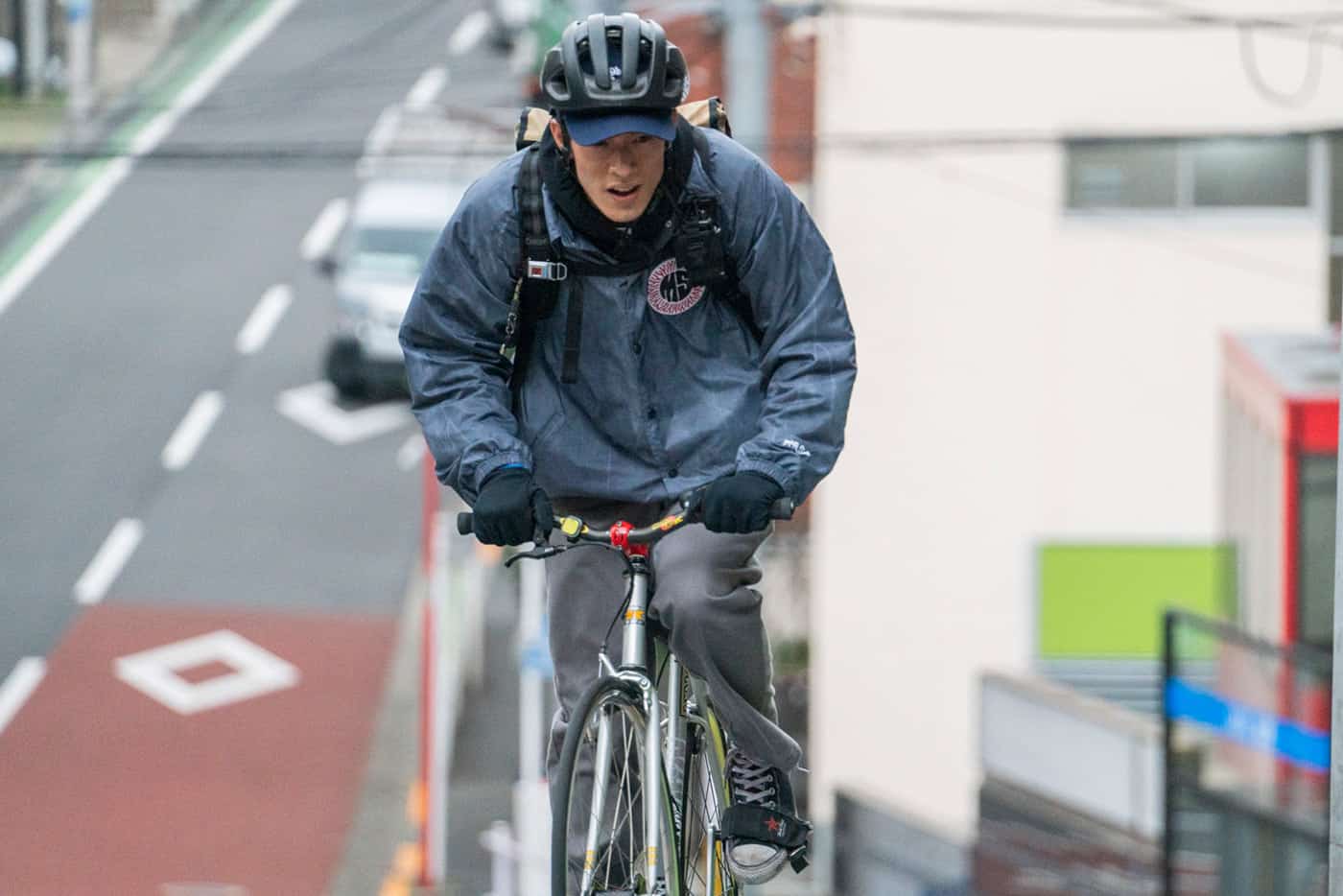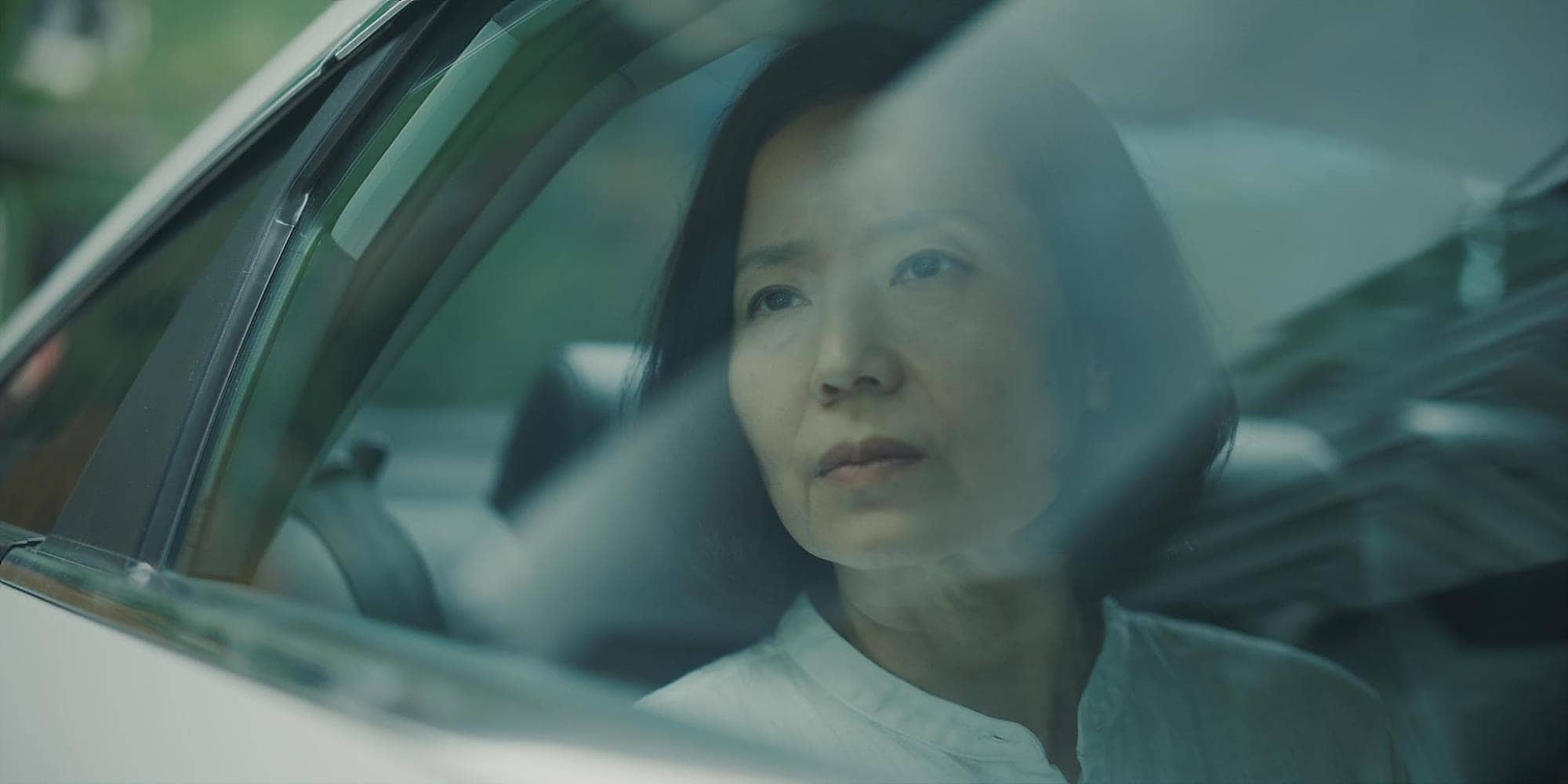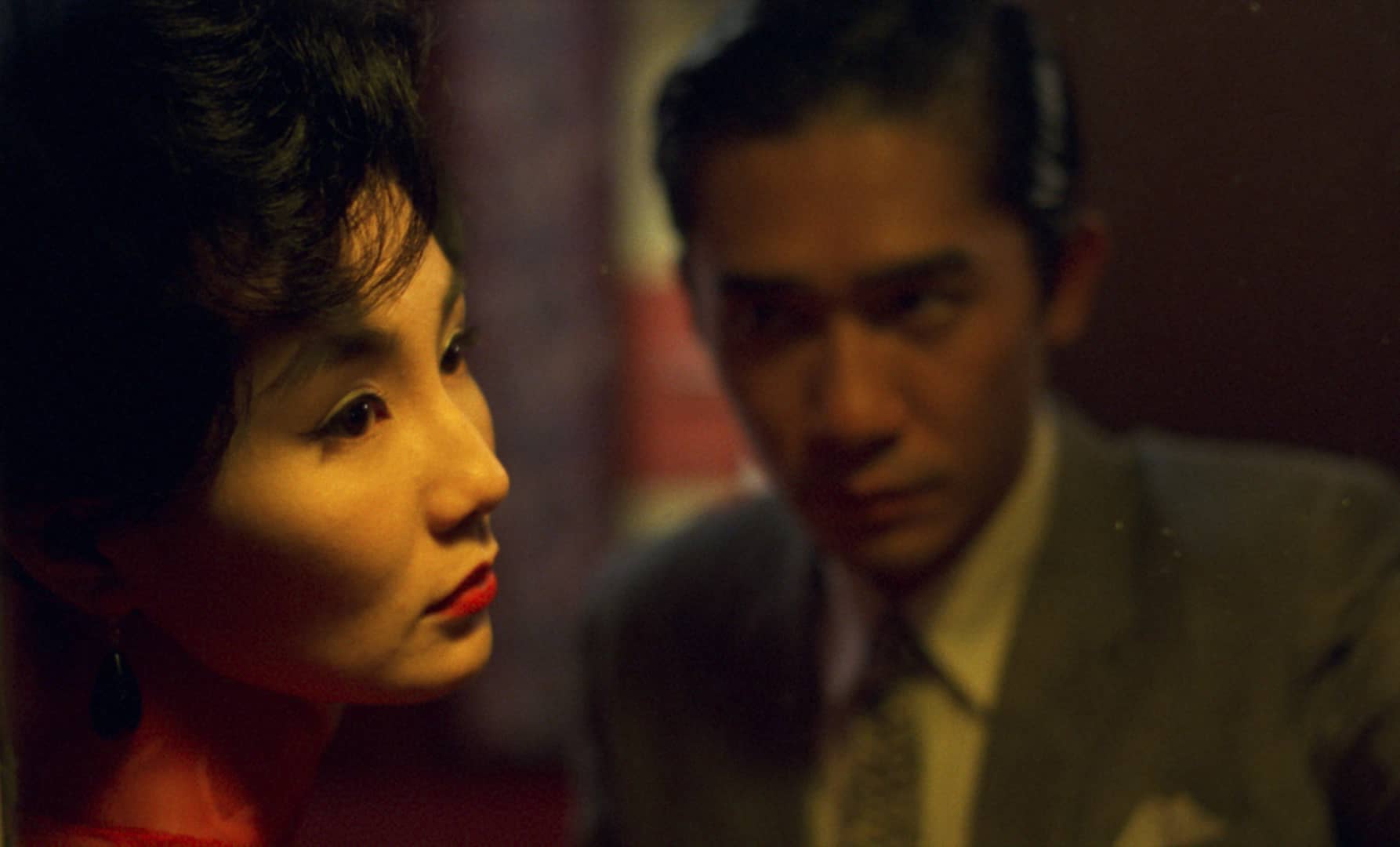There is no denying that the infamous saying of modern technology being able to bring us together while also dividing us at the same time rings truer than ever in times of a worldwide pandemic. While the term “social distancing” has become increasingly popular in the present, the idea itself is nothing new as our technological gadgets, from cell phones to tablets and computers, have paved the way for an era of the disconnected. Even jobs today, with a few exceptions, make contact with people less necessary, especially since the majority of customers rather call or send an e-mail rather than attempting to solve an issue face-to-face. In her feature debut, director Hong Sung-eun explores this aspect of modern life, how technology forces us into a state of isolation and how we might welcome this development. At the same time, the story also deals with the apparitions and ghosts that are created in a world of the emotionally disconnected.
Aloners is screening at London Korean Film Festival

Her job at a call center of a credit card company does not demand very much from Yu Jina (Gong Seung-yeon), who has no problem with following the same routine for every caller, making her the most successful employee. Apart from a few short exchanges with her superior as well as the occasional word with her next-door neighbor, very few face-to-face interactions define her life. Jina mostly keeps to herself and likes to keep it that way, which makes her father's call, telling her about the opening of her mother's will, a real burden, as she has to engage in conversation with her estranged dad.

However, there are a few developments which start to subtly change her routine. First, her boss asks her to train a new employee, which Jina tries to avoid, but is forced to unless she wants to be out of a job. Also, the sudden death of her neighbor and the discovery of a strange video showing the death prior and after her mother's death make her increasingly uncomfortable as she starts to question whether her way of living may also end up being her downfall.
On the surface, “Aloners” is a subtle drama about a woman and loneliness in the modern urban landscape, but Hong Sung-eun has created something which is quite fascinating and more than once even borders on being a ghost movie. The numerous callers in her office, her neighbor as well as her own parents have become more or less ghosts to the young woman, who has, for some reason, decided to stay away from social interaction, especially as her life is fine without it and no one demands it of her. Gong Seung-yeon delivers one of the year's best performances, playing the role of an outsider (or ghost) by choice, but who is forced to change her ways. Rather than relying on melodrama to tell the story, director Hong Seong-eun relies on his actors and the minimalist staging of scenes to, for example, emphasize how one can become a ghost and a stranger to the world around her.
At the same time, there is another layer to the story, which deals with the distinction (or the lack thereof) between private and work life. When Jina's boss orders the other employees to work harder, spend less time talking with a client and stick to the protocol, we are introduced to the logic of global capitalism, projecting its principles on people. Apart from the creation of ghosts as mentioned before, Seong-eun shows how it establishes a protective layer for the disconnected, as nothing must affect them. This aspect seems to be the foundation of, for example, Youngki Chois's cinematography, which, especially in the first half, imitates the perspective of the various screens the protagonist uses in her job as well as her private life. There is something cold and distant about this approach, which subtly shifts as the protagonist is about to go through changes herself.
In conclusion, “Aloners” is a great drama about modern loneliness and isolation as aspects of modern life. Apart from its magnificent central performance, Hong Seong-eun's feature debut is a promising calling card, and we can only hope to hear more from her in the future.















